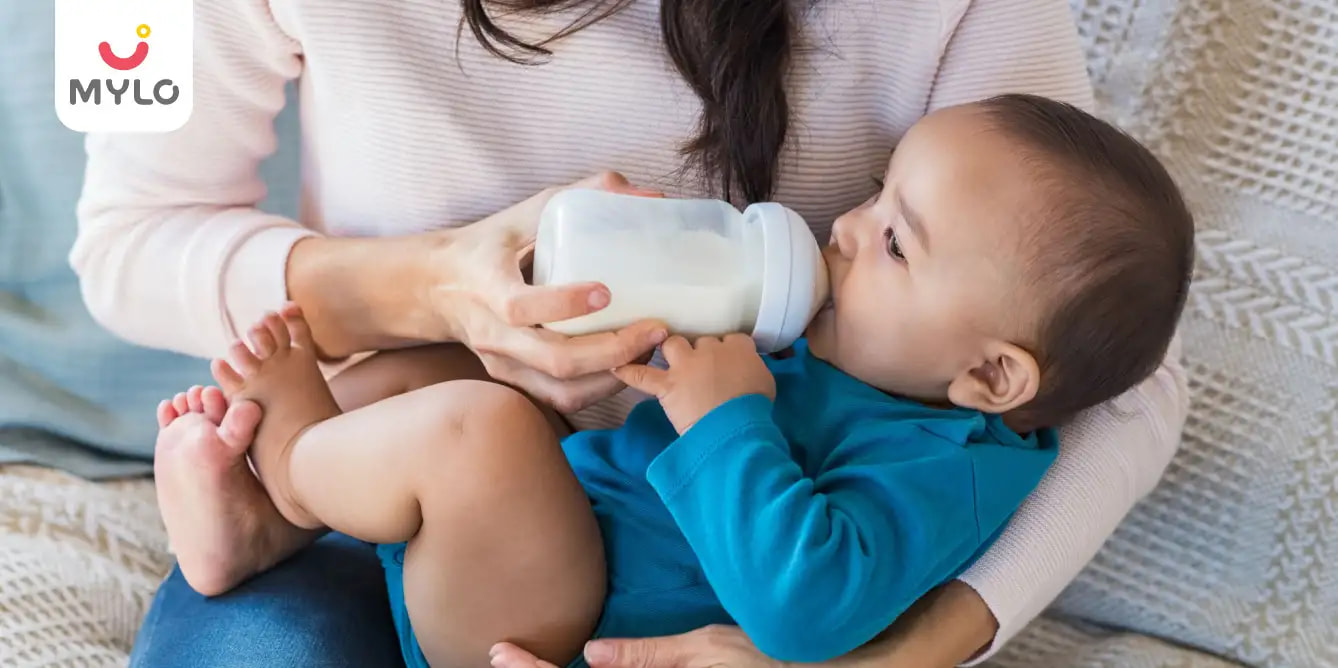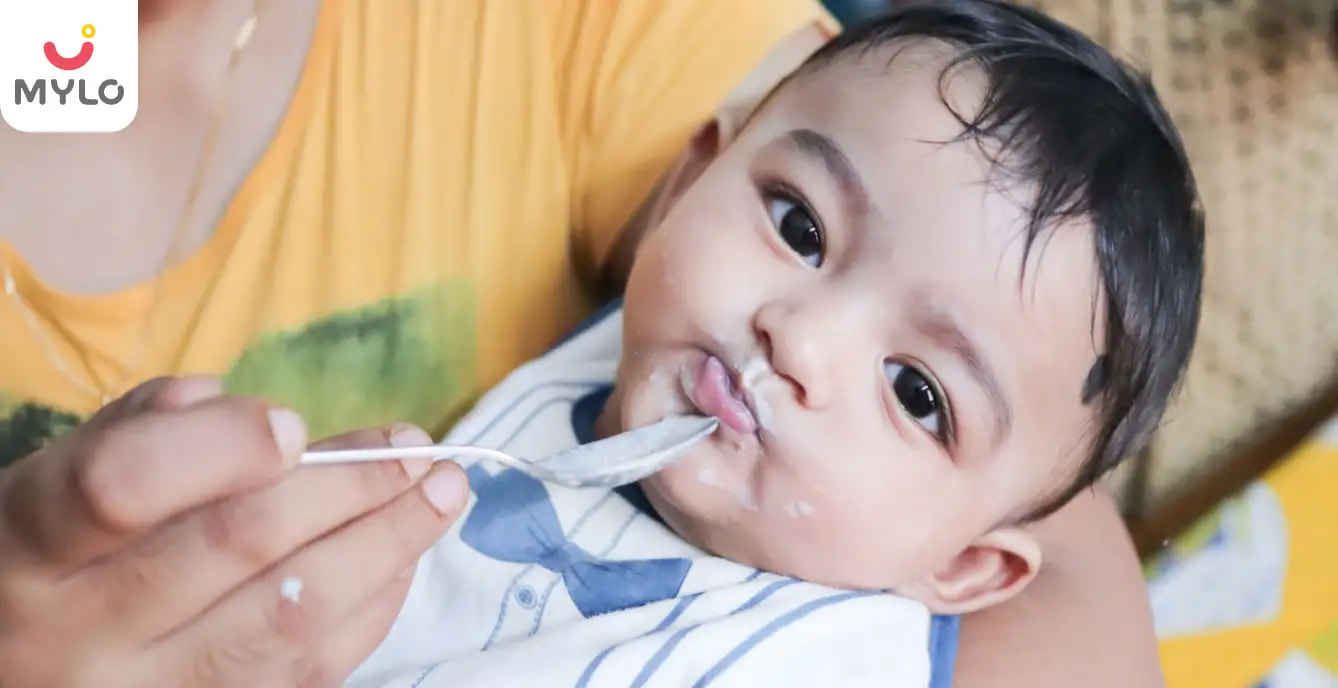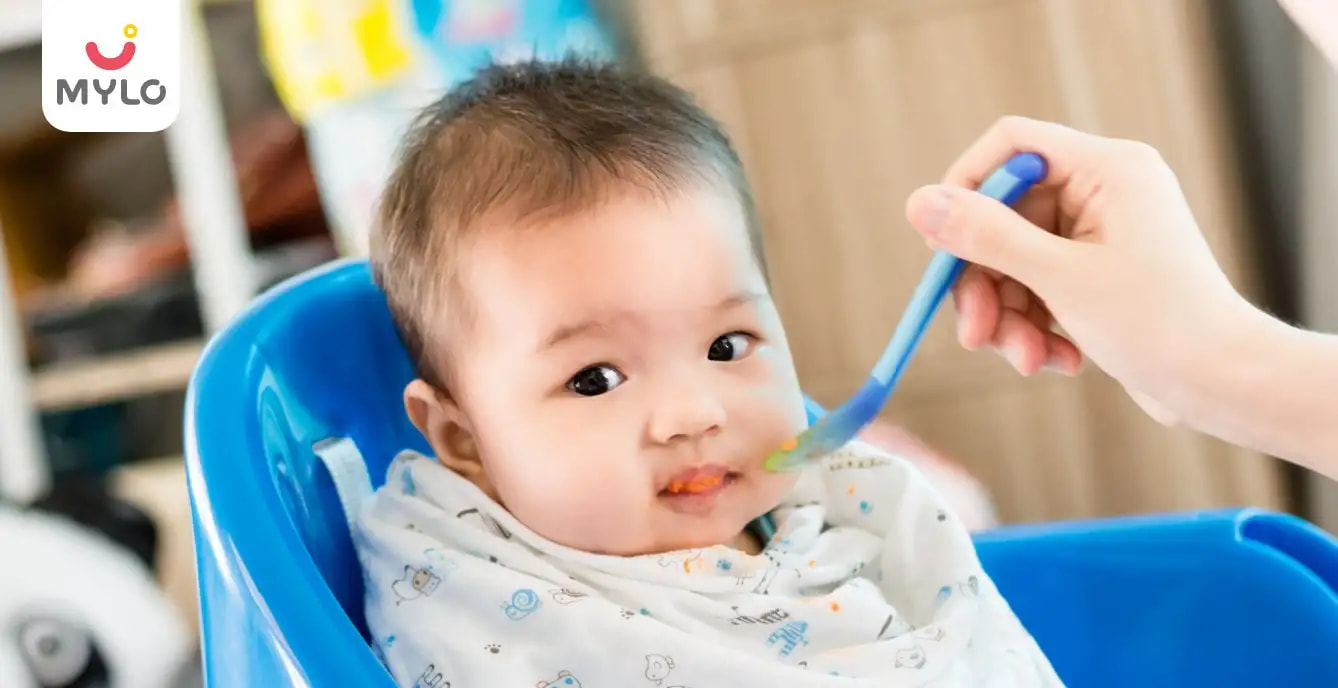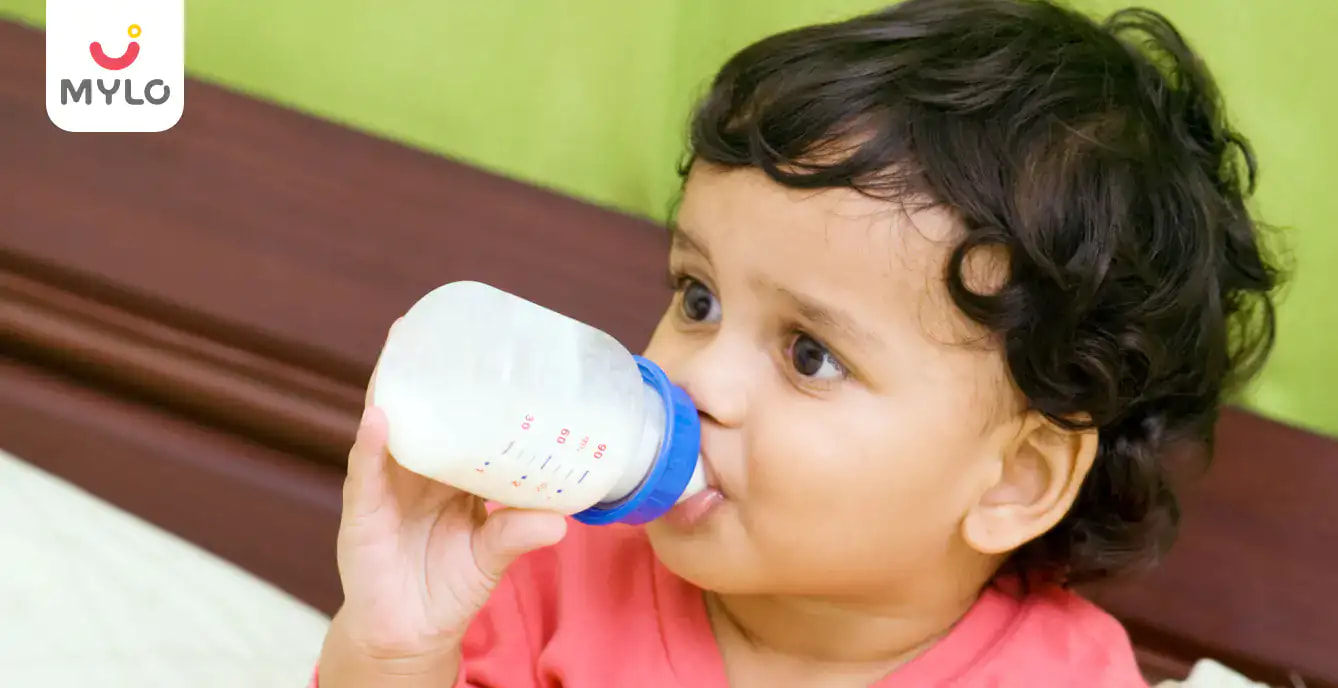Home

Diet & Nutrition

When Should Parents Introduce Water to Their Little Ones? What Should Be the Accurate Quantity and How to Feed Your Baby?
In this Article
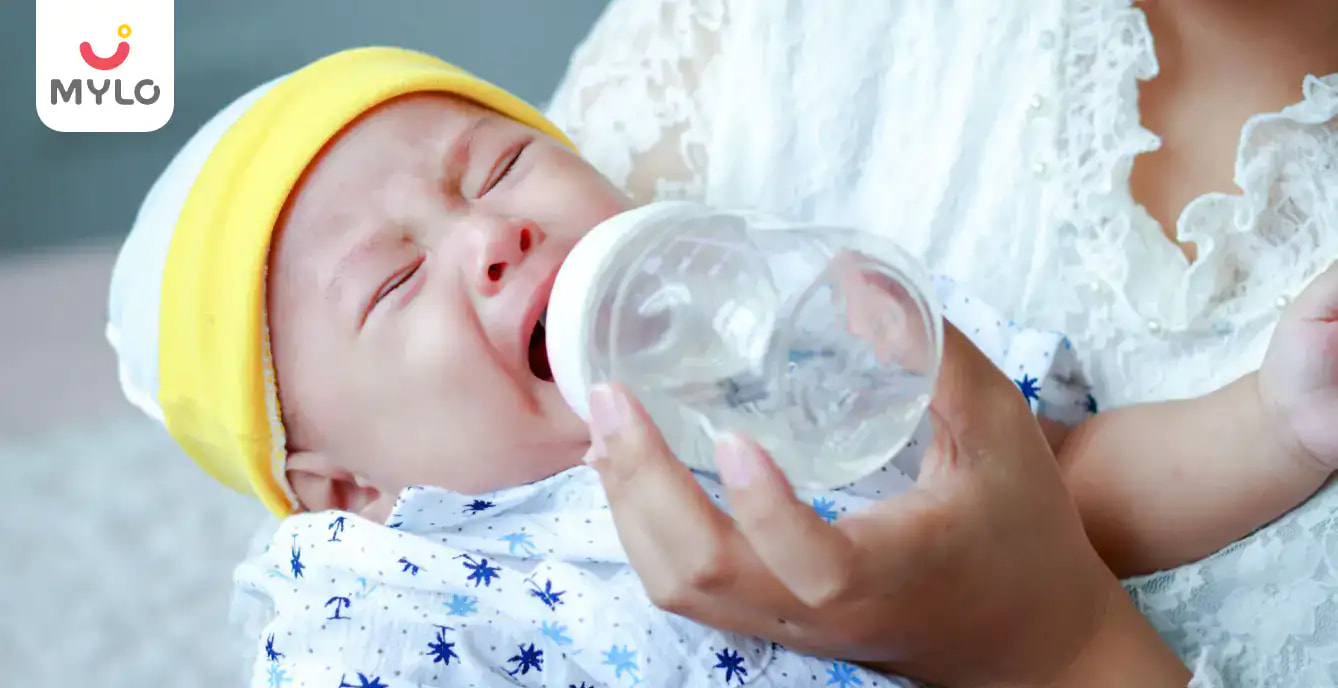
Diet & Nutrition
When Should Parents Introduce Water to Their Little Ones? What Should Be the Accurate Quantity and How to Feed Your Baby?
Updated on 7 November 2022
If you’re wondering if the weather is too hot and sunny outside and your baby might need water then you can be wrong. Till your baby turns 6 months old he/she is receiving both hydration and nutrition from either formula milk or breast milk. Until your baby turns 6 months old there is no need to offer anything to your baby except breast milk or formula milk. The perfect time to introduce water to your baby is when you introduce solid foods to your baby after he/she has turned 6 months old. Before that, your baby’s fragile digestive system, tiny tummy, and developing kidneys are not ready to digest it. Offering water to a baby who is under 6 months old can result in malnutrition or can cause diarrhoea to the baby. According to the experts, water is not recommended for your little one in the first six months after childbirth.
Your baby will turn more active and fit when you will introduce solid foods and water to your baby.
To begin with, your baby should intake small sips and for that, you may use a bottle feeder, sippy cup, or spoon. You must consult a paediatrician before introducing water to your little one.
Risks of offering water too soon to your baby
-
Weight loss
-
Chemical imbalances
-
Nutrient deficiencies (Malnutrition)
-
Water intoxication
-
Seizures
-
Tremors
-
Vomiting
-
Inconsolable crying
-
Lethargy
All the above-mentioned warning signs require immediate medical attention.
Accurate quantity of water
After start giving water to your little one you must keep in mind that accuracy of quantity matters a lot and it should be as follows:
-
For 0-6 months
Avoid giving supplemental water
-
For 6-12 months old babies
60-120 ml per day. Most of the babies who are on breastfeeds don’t require water and if your baby is on formula feeds then he/she may need little water but not more than 120 ml per day.
-
For 1-3 years old (babies and toddlers)
According to the experts, the recommended quantity of water should be 850 ml- 1150 ml. It depends on each child because once your baby turns 1 year old, their digestive system is mature enough to tolerate large quantities of fluids.
-
If you’re using ready-to-use formula then there is no need to add extra water to the mixture. However, if you’re using the powdered form of formula mix then you must carefully read the guidelines and instructions mentioned on the package and be careful not to mix more than recommended.
Reasons against offering water to your baby
As adults are advised to drink plenty of water every day to stay hydrated it’s exactly the opposite with babies. According to the experts, you must also avoid giving canned fruit juices to your little one as they are quite unhealthy and may lead to cramping and diarrhoea in babies. You must follow the doctor’s recommendations on giving water to your baby to ensure he/she stays healthy, active, and fit. Your 6-month-old baby gets benefited from the breastmilk and it helps them stay hydrated for instance:
-
Keep the tissues and joints of the body always lubricated
-
Maintains good volume of the blood
-
It transports oxygen and nutrients to the cells which help in removing waste from the body
Signs of dehydration in your baby
-
Less than 5 wet diapers in one day
-
Dark yellow urine
-
Chapped and cracked lips
-
Baby cries with few or no tears (tearless crying)
-
Sunken eyes
-
Cold hands and feet
-
Extreme fussiness
-
Unusual sleepiness
-
Listlessness
You may also like: https://mylofamily.com/article/80247
References
- Kay MC, Welker EB, Jacquier EF, Story MT. (2016). Beverage Consumption Patterns among Infants and Young Children (0⁻47.9 Months). NCBI
- Pregnancy, Birth & Baby. (2020). When can babies drink water?. www.pregnancybirthbaby.org.au
- Paediatr Child Health. (2004). Weaning your child from breastfeeding. NCBI



Written by
Mittali Khurana
Mittali is a content writer by profession. She is a dynamic writer with 04+ years of experience in content writing for E-commerce, Parenting App & Websites, SEO.
Read MoreGet baby's diet chart, and growth tips

Related Articles
Related Topics
RECENTLY PUBLISHED ARTICLES
our most recent articles
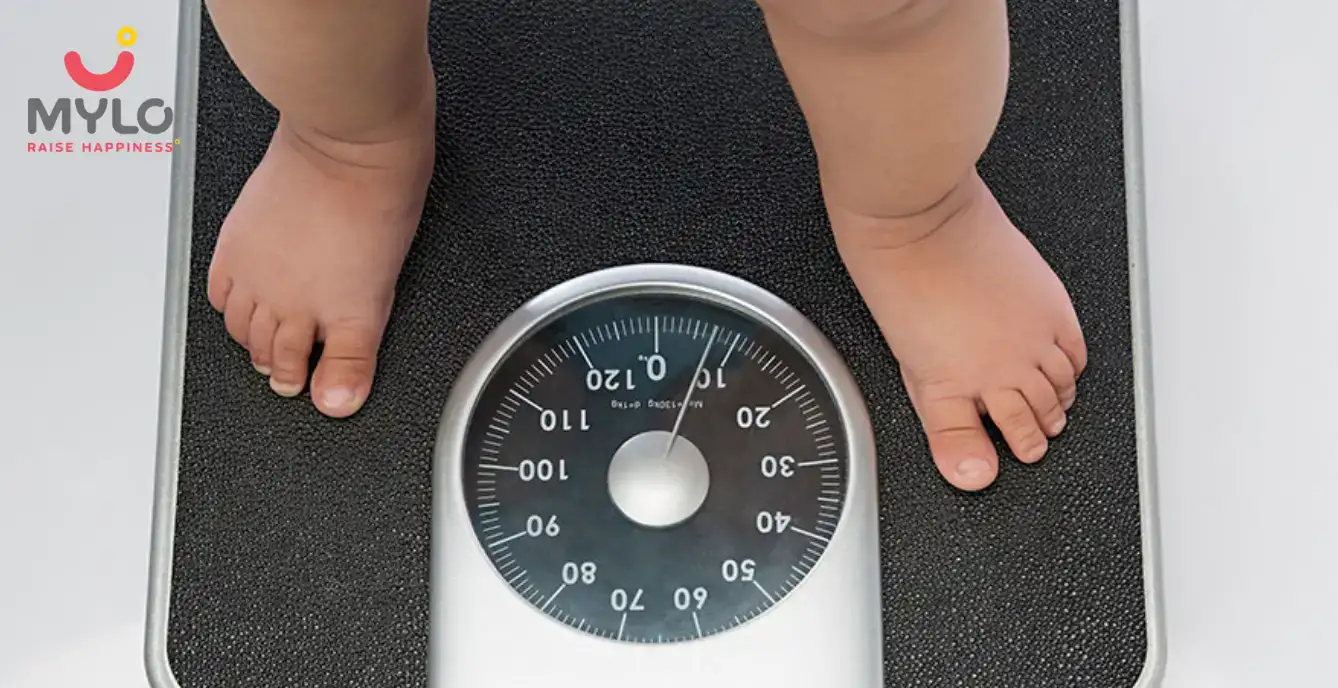
Growth & Development
What to Do if My Toddler is Underweight?
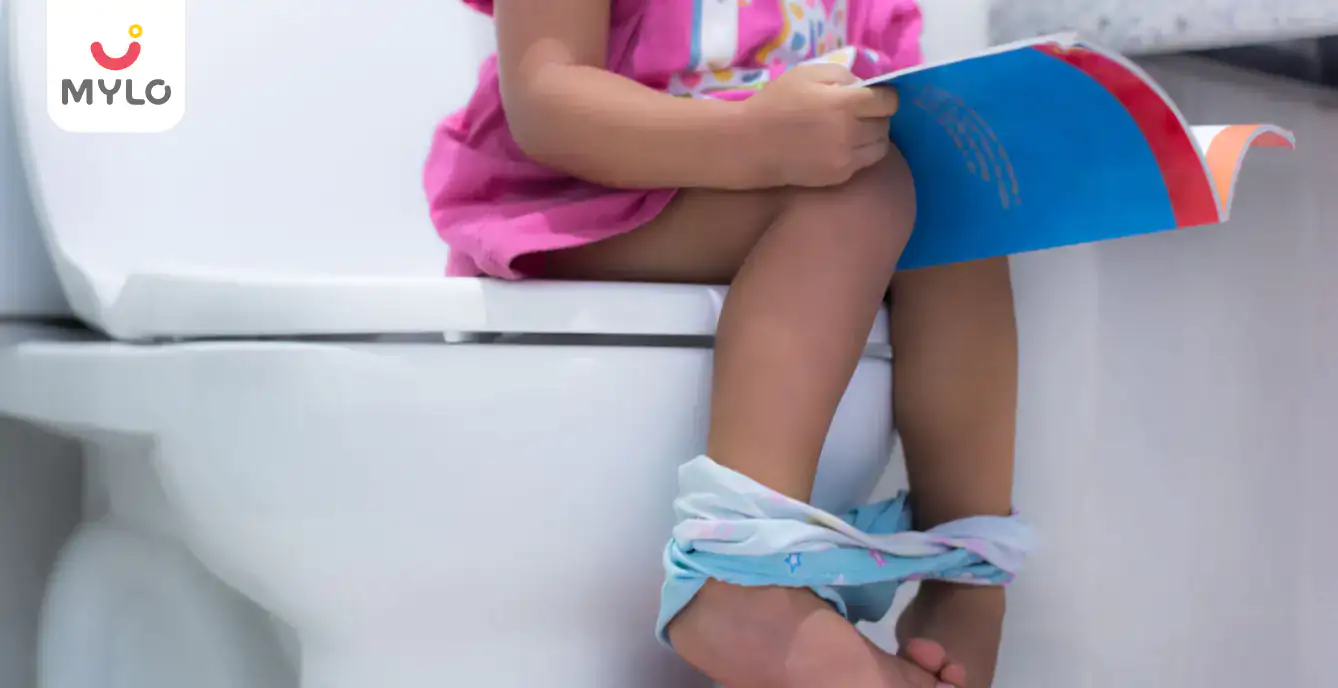
Potty Training
Toilet Training Your Child
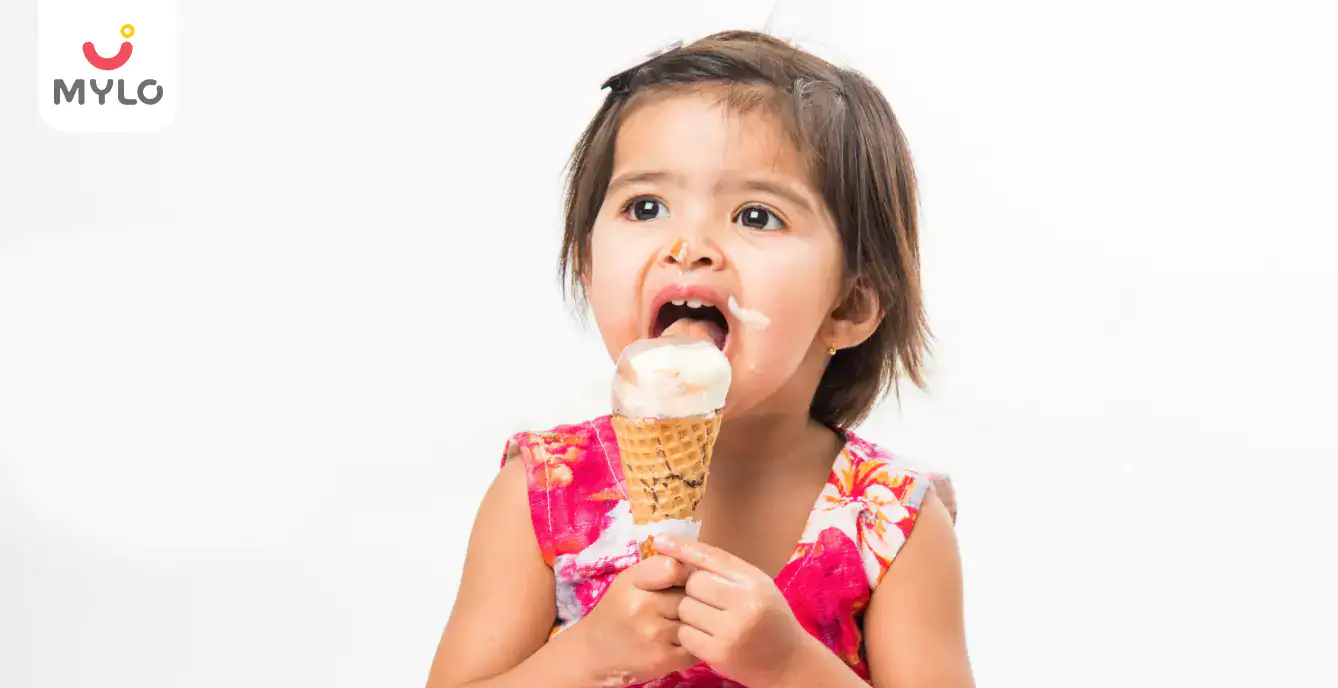
Health Tips
When Can I Start Giving My Baby Ice Cream?
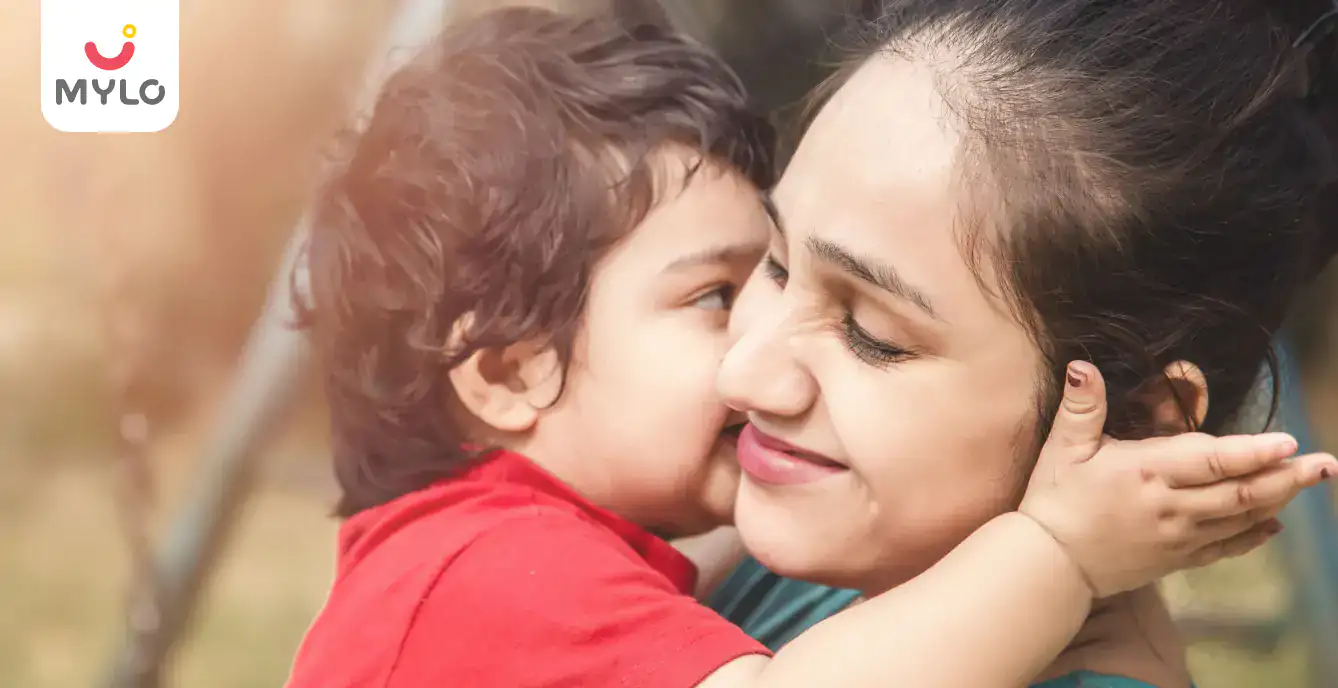
Language Skills
Amazing Ways to Help Your Toddler Talk
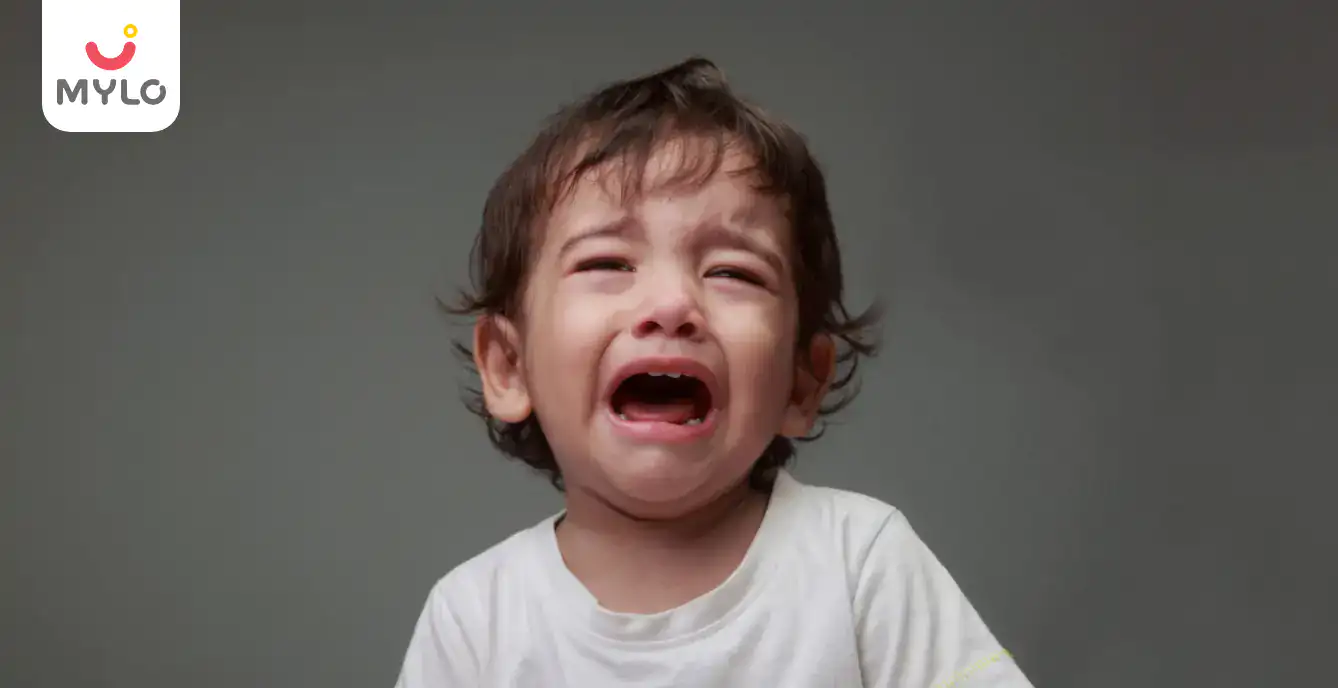
Parenting Tips
Why Does My Child Seem So Frustrated?

TV & OTT
10 Best Underrated Shows on Amazon Prime
- 10 Most Watched Amazing Amazon Prime Series
- 10 best movies to watch on amazon prime
- 10 Best Animated Movies for Kids on Hotstar
- 10 Best Out of Waste Items to Encourage Your Children to Create
- 7 Skincare Secrets Bollywood Celebrities Swear By
- The Ultimate First-Trimester To-Do List With Some Helpful Tips
- What Is the Truth About the Size of a Pregnant Belly?
- Top 5 Home Remedies To Get Rid of Unwanted Facial Hair
- 5 Common Causes Behind Infertility & How to Eliminate Them?
- What Does That Line on Your Pregnant Belly Mean and Why It Appears
- Will It Cause Any Harm to Your Baby if You Fall During Your Pregnancy?
- How to Handle Hectic Work Schedules Along With Sleep Deprivation?
- 10 Awesome Ways to Save Money When Welcoming a Baby
- Best Bollywood Movies On Amazon Prime


AWARDS AND RECOGNITION

Mylo wins Forbes D2C Disruptor award

Mylo wins The Economic Times Promising Brands 2022
AS SEEN IN
















- Mylo Care: Effective and science-backed personal care and wellness solutions for a joyful you.
- Mylo Baby: Science-backed, gentle and effective personal care & hygiene range for your little one.
- Mylo Community: Trusted and empathetic community of 10mn+ parents and experts.
Product Categories
baby carrier | baby soap | baby wipes | stretch marks cream | baby cream | baby shampoo | baby massage oil | baby hair oil | stretch marks oil | baby body wash | baby powder | baby lotion | diaper rash cream | newborn diapers | teether | baby kajal | baby diapers | cloth diapers |



